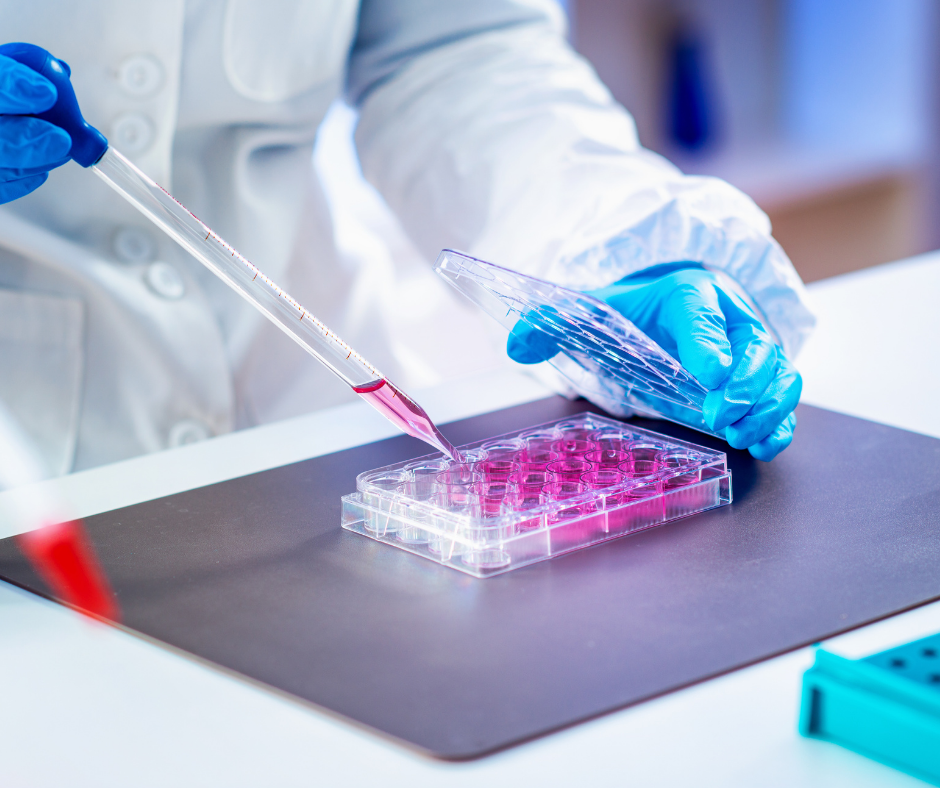A few months ago, we shared answers to commonly-asked questions about the COVID-19 vaccines that had recently become available. Since then, more individuals have gotten vaccinated. We asked pediatrician and immunization expert, Dr. Jay Rosenbloom, to answer your follow up questions about the COVID-19 vaccines.
This FAQ is based on the information we know today:
1. What common side effects should I expect from the COVID-19 vaccines? If I have side effects, does this mean I am contagious?
Like other vaccines, some individuals will experience some side effects after getting the COVID-19 vaccines. Side effects such as fever, headache, pain or soreness at the injection site, chills, nausea, joint and muscle aches, and fatigue are common. These are a good sign that your body is doing what it should be doing- building immunity!
Younger individuals may notice more side effects because they tend to have stronger immune systems and immune responses. The important thing to keep in mind is that these side effects are common, expected, and generally short-lived. Though they may cause discomfort, they are less severe than if you were to become ill from the virus. If you do experience side effects, it does not mean you are contagious. The vaccines cannot give you COVID-19.
2. I have heard that there can be more noticeable side effects with the second dose. Why is this? Are there any factors that make someone more likely or less likely to have side effects?
The data so far does show that individuals may have more side effects after the second dose of the vaccine. Think of the first dose as a new challenge to the body, an introduction that teaches your immune system how it should respond. The second dose is meant to boost the immune system’s response for more robust protection against the virus. Again, bigger reactions or greater side effects with the second dose are a reassuring sign that your body is developing antibodies and working as it should. We want to see this happen! If you can, we recommend planning a couple days of rest or more limited activity following your second dose in case you are feeling some discomfort.
Unfortunately, there is no way currently to predict who will experience side effects and who will not. For those who don’t experience any, don’t worry, you are still building immunity against the virus. Side effects are not a requirement.
3. Can I take pain medications like ibuprofen, acetaminophen, and aspirin right before getting the vaccine to help with the side effects?
We do not advise taking any pain medication before getting your COVID-19 vaccine. With some vaccines, pre-medicating reduces your body’s immune response. There isn’t enough research to know if this is the case with the COVID-19 vaccines so it is best to avoid taking pain medications beforehand. Also, side effects from the vaccine don’t typically emerge until about 6-8 hours after you receive your vaccine, by which time most pain medications will have already worn off. It is okay to take these medications after your vaccination if needed, as long as you do not have any health conditions that would normally prevent you from taking them.

4. What else should I know to prepare for getting my vaccine?
If you have any symptoms of COVID-19, such as fever, shortness of breath, or coughing, it is best to wait until you are healthy to get your vaccine. Please stay home and wait until you have recovered. New guidance from health officials now allows patients to receive the COVID-19 vaccine at the same time as other vaccines if needed, rather than waiting a minimum of 14 days between different immunizations.
5. How do we know the COVID-19 vaccines are safe when they were developed so quickly?
Although the COVID-19 vaccines were developed faster than other vaccines, it does not mean safety measures were compromised. The clinical trials for all COVID-19 vaccines followed the same international standards that are required of all vaccine trials. There are many reasons why it was possible to develop the COVID-19 vaccine more quickly. Here are a few:
- The mRNA technology used for the vaccine has been in development for many years in preparation for outbreaks like COVID-19.
- Researchers were able to conduct some stages of the trials at the same time so they could gather data more quickly. No stages were skipped.

- Governments provided money to researchers in advance so they could quickly secure the resources they needed.
- Since the SARS-CoV-2 coronavirus is very contagious and widespread, many trial participants had exposure to the virus which meant the trials could more quickly see if the vaccine was effective.
6. If I already had COVID-19, do I still need to get the vaccine?
Yes! It is still very important to get the vaccine even if you have already been infected with COVID-19. Health experts don’t know yet how long a person’s immunity lasts after getting the virus but they do know that it does decrease over time. Getting the vaccine will increase your immunity and reduce the likelihood that you become sick from COVID-19 again.
7. If I never get the flu vaccine, I rarely get sick, and I’m in a low-risk age group, why should I get the COVID-19 vaccine and risk getting side effects?
The only way to return to some version of “normal” and end this pandemic is to reach herd immunity. Herd immunity against COVID-19 means a majority of people are vaccinated, decreasing the spread of the virus within a whole population. The vaccine is not yet available to certain groups, like younger children and communities where access to medical care is more difficult. The number one thing we can do to protect ourselves and those who can’t be immunized yet is to get the COVID-19 vaccine as soon as it is available to us. We can come together and protect our communities.
It’s also important to note that COVID-19 can be serious and deadly even to low-risk individuals. Getting the vaccine lowers your risk even more.
8. How soon after my COVID-19 vaccine am I considered fully vaccinated?
It takes time for the body to build immunity after the vaccine. Individuals are considered fully vaccinated 14 days after the second dose of the Moderna or Pfizer vaccines (2-dose series), or 14 days after the Johnson & Johnson vaccine (1-dose series). It is important to get both doses of the 2-dose vaccines for full protection.
9. Can I still transmit the virus to others after I am fully vaccinated? What “normal” activities can I start doing again once I am fully immunized?
So far, research shows that the likelihood of a vaccinated individual transmitting the virus to others is low, but the risk isn’t zero. This is why health experts recommend that we continue wearing masks and

physical distancing in public places, washing our hands, and limiting high-risk exposures.
The good news is fully vaccinated individuals can return to some activities that they used to do before the pandemic. Current guidance from the CDC says those who are fully vaccinated can gather indoors with other fully vaccinated people without wearing a mask, and gather indoors with unvaccinated people from one other household without a mask (unless someone or someone they live with is high-risk). As guidelines change, check the CDC’s website for the most current list of what activities are safe and what protective measures we should continue with.
10. When will younger children be able to get the COVID-19 vaccine?
Currently, children 12 years and older are eligible for the Pfizer vaccine. Trials have also started for younger children ages 6 months – 11 years old.
Recent Posts
- The Ultimate Guide to Summer Safety
- Tips and Tricks For Toilet Training Your Toddler
- Vote For Pediatric Associates of the Northwest As The Best Pediatrician Office
- Recognizing Asthma: How to Minimize Symptoms & Basic Management Tips
- Baby Bonanza 2025: A Lively, Learning-Filled Morning for Growing Families






